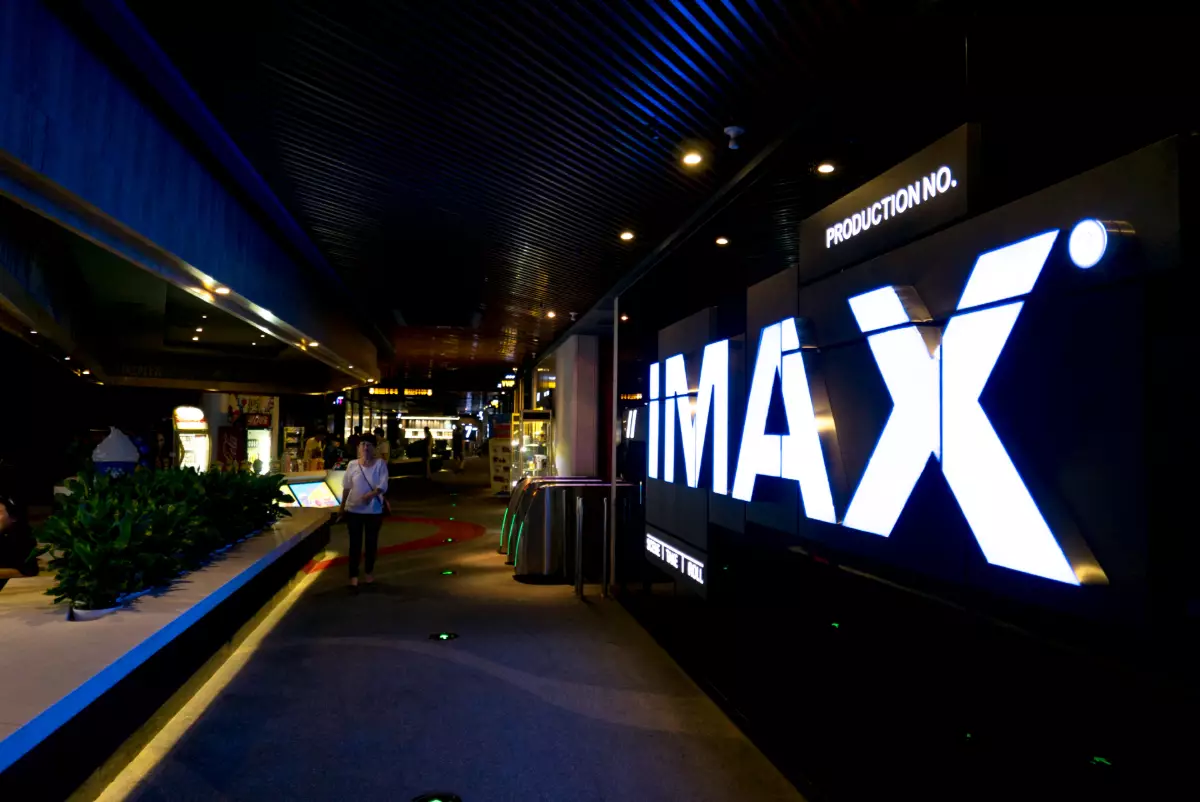As the consumption of global media continues to surge, audiences are increasingly seeking content that reflects a variety of cultures and languages. In a landscape where non-English films and shows have gained significant traction, industry giants like IMAX are recognizing the need to adapt their offerings. A recent report from PwC highlights that the entertainment and media industry has seen a 5% growth, reaching an impressive $2.8 trillion in 2023. This expansion is projected to continue, albeit at a slower pace of roughly 4% annually, culminating in an estimated $3.4 trillion over the next five years. The surge in interest for non-English language content is not confined to international markets; countries like the United States, the United Kingdom, Australia, and Canada are experiencing a parallel rise, illustrating a global shift in media consumption habits.
The impressive growth statistics reported by platforms like Netflix serve as a testament to this trend. In the UK alone, viewership for non-English media increased by 90% over three years, showcasing a dramatic shift in audience preferences. This paradigm shift emphasizes the necessity for film and content producers to consider localization strategies that can effectively cater to diverse linguistic groups. IMAX, known for its iconic large-format theaters and immersive experiences, is keenly aware of the value of adapting its content for broader consumption. By emphasizing the need for localization, IMAX aims to capture the attention of an expanding viewer base that no longer predominantly seeks English-language productions.
In a bid to address localization challenges, IMAX recently announced a partnership with Camb.ai, a Dubai-based startup specializing in artificial intelligence solutions. This collaboration aims to harness AI-driven tools to enhance the translation of original content, including documentaries. Camb.ai’s expertise in AI speech models and dubbing solutions will allow IMAX to streamline its localization process effectively. The startup, which made its mark by successfully implementing AI translations in live sporting events like the Australian Open and Major League Soccer, demonstrates a robust capability across various formats.
The centerpiece of Camb.ai’s offerings lies within its DubStudio platform, which supports the translation of content into 140 languages. Notably, it also caters to low-resource languages that often lack sufficient online data, showcasing a commitment to inclusivity within media representation. This approach not only enhances audience access but also serves to elevate narratives from diverse cultures that might otherwise remain undiscovered.
Describing Camb.ai’s technology, Akshat Prakash, co-founder and CTO, emphasizes its unique approach to modeling and training. While many competitors in the AI space may prioritize developing all-encompassing, generalized models, Camb.ai opts for a more focused methodology. The company’s Boli model, for instance, applies a specialized technique to translate speech into text seamlessly while retaining linguistic nuances. This attention to detail ensures that the emotional and contextual integrity of the original content remains intact.
Moreover, Camb.ai’s Mars model takes this a step further by converting the generated text back into audio, reflecting the authentic soundscapes of the original context. The ability to provide speech translation in multiple languages simultaneously, with minimal latency, marks a significant technological achievement in the realm of localization.
As IMAX moves forward with the implementation of AI translations, the initiative will be rolled out in phases, beginning with high-demand languages. This method will enable IMAX to refine its approach based on audience feedback and operational efficiency. Mark Welton, president of IMAX Global, has indicated that this technological deployment is anticipated to lead to considerable savings in translation costs without compromising the quality of the content. Though specific details remain undisclosed, the long-term vision is clear: to leverage AI to enhance the viewing experience for audiences worldwide.
The cogent strategy adopted by Camb.ai has already fostered a solid foundation, evidenced by a $4 million seed funding round, positioning it for continued growth as it approaches a pre-Series A funding round. With a dedicated team of 50 professionals, Camb.ai is poised to expand its footprint and refine its offerings in response to increasing market demands.
The partnership between IMAX and Camb.ai symbolizes a pivotal shift in the entertainment industry’s approach to localization. By integrating AI into the translation process, they are not merely translating languages; they are bridging cultural divides and enhancing the accessibility of diverse narratives. As audiences continue to embrace non-English content, this innovative use of technology marks a new era in cinema, where storytelling knows no bounds and cultural representation thrives. Through these efforts, IMAX is setting a precedent for what the future of global entertainment can and should look like.

